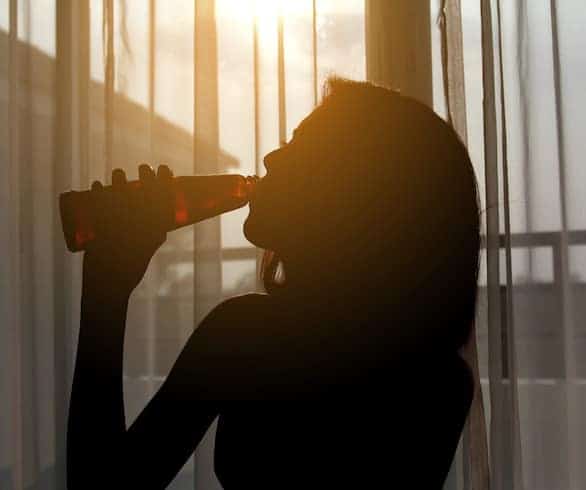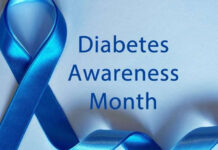
That glass of pinot grigio or rye and ginger may sound delicious—but it may be hurting your skin’s health.
A new study out of the American Academy for Dermatology notes that increased consumption of alcohol, particularly white wine and liquor, is associated with a higher risk of rosacea in women.
“Drinking alcohol has a number of effects on your body that can impact your skin,” says board-certified dermatologist and study author Abrar A. Qureshi, MD, MPH, FAAD, chair of the department of dermatology at Brown University.”While alcohol has been linked to a variety of skin disorders, including psoriasis and acne, our research suggests that it’s also associated with the development of rosacea in women.”
Rosacea is a skin disease causes redness, flushing, and changes in texture on the face and neck. Typically, it affects people over the age of 30. Often, it causes men and women to feel less confident in their appearance.
To examine rosacea’s connection to alcohol consumption, the study authors reviewed data collected from 82,737 women via the Nurses’ Health Study II. In this study population, there were 4,945 cases of rosacea.
While more research is needed on this topic, authors believe that alcohol’s weakening of the immune system and widening of the blood vessels could exacerbate the flushing and redness that are symptomatic of rosacea.
The study identified certain alcoholic beverages as being associated with developing rosacea, including white wine and liquor. And, while red wine has been identified as a rosacea trigger for those who already have the disease, this study suggests it is not significantly associated with developing rosacea in the first place. This is because white wine and liquor contain high concentrations of alcohol—without the flavonoids and other anti-inflammatory substances found in red wine.
“Our research contributes to the sizable body of evidence that demonstrates alcohol’s harmful effects on the body, including the skin,” Dr. Qureshi says “Women who wish to maintain the health of their skin—and their overall health—should limit their alcohol consumption.”










